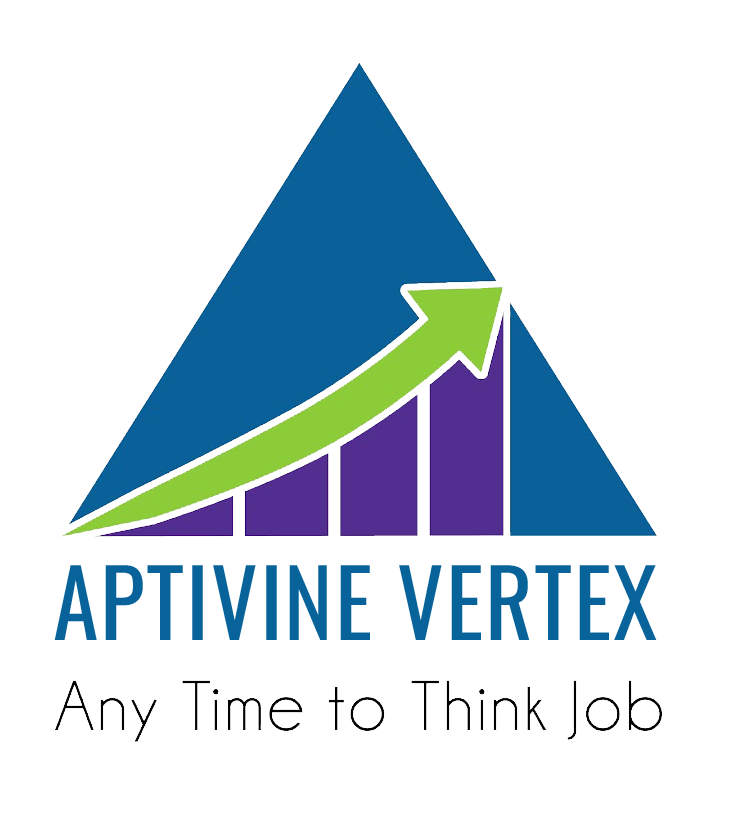Course Title: Roadmap to crack job interviews with Aptivine – for College students & freshers.
poster
| Date : | ||
| Location | No of Seats | Freebies |
| Hyderabad | 70 | Food, Notes, Pen, Material |
| Method | Premises | Experts |
| Live Training/ Online | Banquore Hall, Desktop | Professional Trainers, Hrs |
Course Description:
A course titled “Roadmap to Crack Job Interviews with Career Boost – for College Students & Freshers” is designed to prepare individuals who are new to the job market—such as recent graduates or early-career professionals—for the job interview process. Here’s an overview of what such a course might cover:
Course Content:
1. Understanding the Job Market
- Current Trends: Insights into industry trends, in-demand skills, and the job market landscape.
- Employer Expectations: What employers are looking for in candidates and how to align with these expectations.
2. Building a Strong Foundation
- Resume and Cover Letter Writing: Crafting compelling resumes and cover letters that highlight skills, experience, and achievements.
- Personal Branding: Developing a personal brand and online presence, including LinkedIn profiles and professional social media use.
3. Interview Preparation
- Types of Interviews: Understanding different interview formats such as behavioral, technical, and situational interviews.
- Common Questions: Preparing for frequently asked interview questions and how to answer them effectively.
- STAR Method: Using the Situation, Task, Action, Result (STAR) method to structure responses to behavioral questions.
4. Effective Communication Skills
- Verbal Communication: Techniques for clear and confident speech, including tone, pace, and articulation.
- Non-Verbal Communication: Body language, eye contact, and other non-verbal cues that impact interview performance.
- Active Listening: Strategies for listening attentively and responding appropriately.
5. Research and Customization
- Company Research: How to research potential employers and understand their culture, values, and industry position.
- Role-Specific Preparation: Tailoring responses and questions to the specific role and industry you’re applying for.
6. Interview Practice
- Mock Interviews: Participating in simulated interviews to practice responses and receive feedback.
- Feedback and Improvement: Learning how to incorporate feedback to improve performance and address weaknesses.
7. Handling Different Scenarios
- Technical Questions: Preparing for technical interviews and problem-solving scenarios relevant to the role.
- Group Interviews: Strategies for succeeding in group or panel interviews, including collaboration and leadership skills.
- Situational Challenges: Approaches to handling unexpected or challenging interview situations.
8. Follow-Up Strategies
- Post-Interview Etiquette: Writing effective thank-you emails and following up with interviewers.
- Reflecting on Performance: Assessing your interview performance and learning from each experience.
9. Career Development Tips
- Networking: Building and leveraging a professional network for job search and career growth.
- Continuous Learning: Identifying opportunities for ongoing skill development and professional growth.
10. Resource Utilization
- Job Search Tools: Using job boards, career services, and other resources to find job opportunities.
- Professional Development: Exploring additional courses, certifications, and workshops that can enhance employability.
Who can Learn:
College Students: Those nearing graduation who are preparing to enter the job market can gain valuable insights into the interview process and develop the skills needed to secure their first job.
Recent Graduates: Individuals who have recently completed their studies and are actively job hunting can learn how to effectively present their qualifications and stand out in interviews.
Early Career Professionals: Those who have a limited amount of work experience but are looking to advance their career or switch roles can use the course to strengthen their interview skills.
Interns: Current or aspiring interns looking to make a good impression during their internship interviews can benefit from tailored advice and practice.
Career Changers: Individuals who are transitioning into a new field or industry can use the course to understand the specific requirements and expectations of their new target roles.
Job Seekers with Limited Interview Experience: Those who may not have had much interview experience and need a structured approach to preparing for and excelling in interviews.
Students from Non-Traditional Backgrounds: Individuals from less conventional educational or career backgrounds who need to align their skills and experiences with traditional job market expectations.
Self-Employed Individuals: Freelancers or entrepreneurs looking to transition into corporate roles or formal employment can benefit from understanding how to navigate job interviews effectively.
Highlights
- Earn a certificate after successful completion of the program
- Learn from industry experts
| Duration | Total fee | Mode of learning | Credential | Offered by |
| 30 Hours | Free | Classroom | Certificate | APTIVINE VERTEX |
